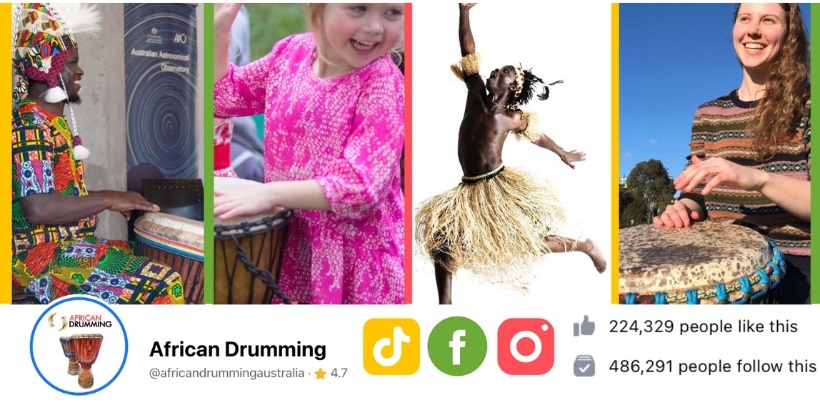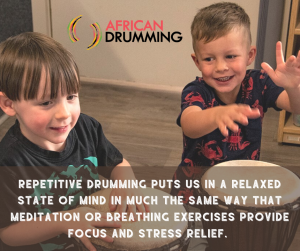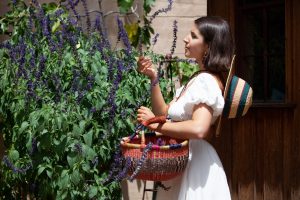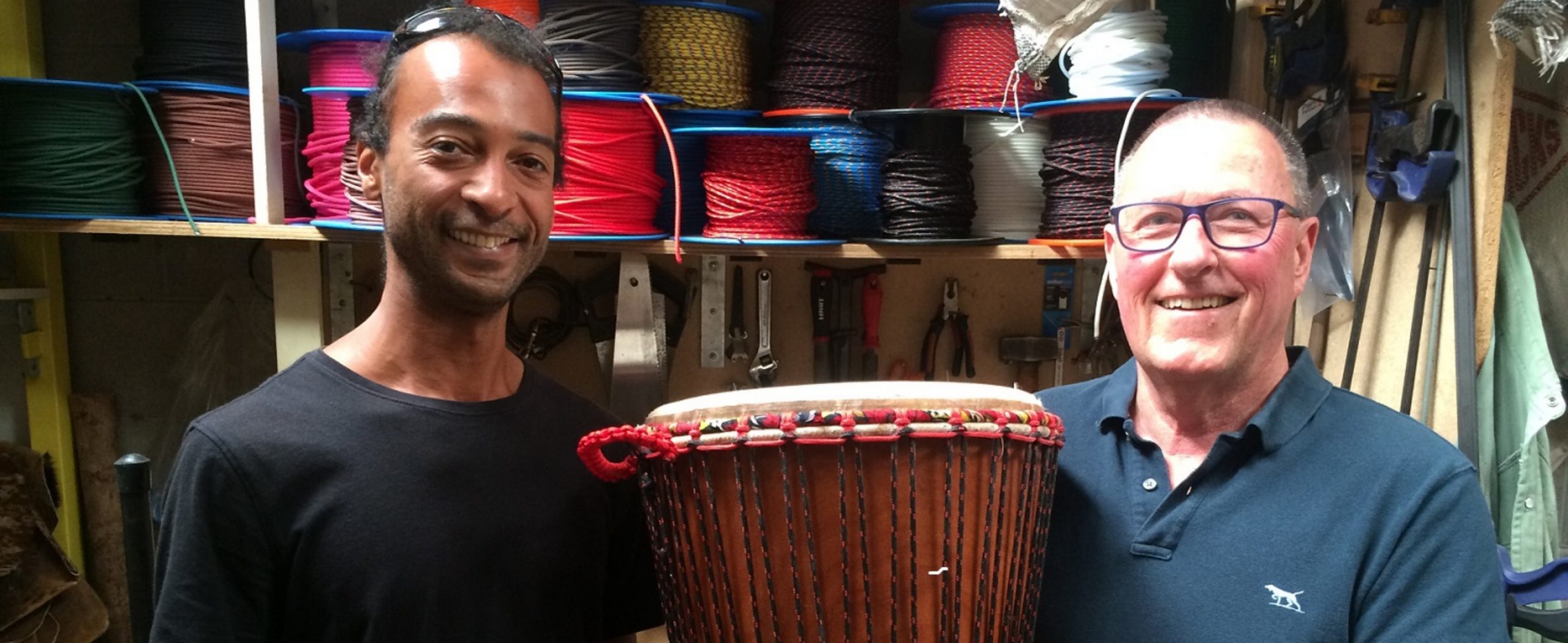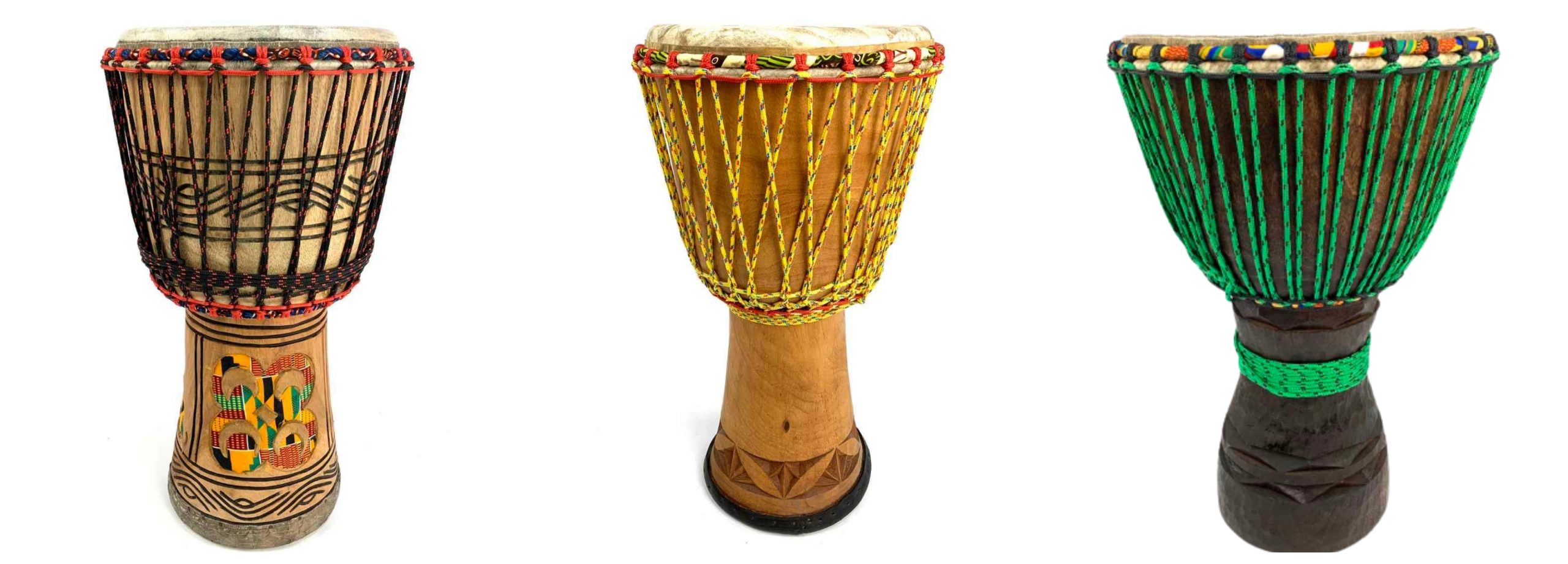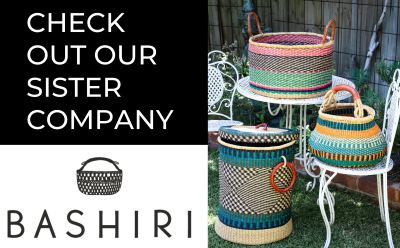In the current state of the global pandemic and constantly changing environments, organisations are struggling to maintain a level of coherence amongst their teams. According to a study by Dr Eduardo Salas, Department of Psychology at Rice University, “Teams perform better when they possess ‘collective efficacy’, or a belief that their team can succeed”.
Our teams are experiencing a huge variety of unprecedented stressors in daily life, due to the pandemic, and this stress heavily contributes to an inability to maintain coordinated performance, which in turn creates negative outlooks and a disconnect from others.
So, if collective efficacy is a strong element of team success, how can we foster this attitude during these challenging times, where teams are becoming less connected and more isolated both on a physical and mental level?
Well, Dr Salas believes that teams need constant reminders about their wins and successes as well as a mutual monitoring amongst the cohort. What this means in simplified terms, is that our teams need to check in with one another, encourage each other and build each other up. The pandemic has seen a shift from a group mentality to an over focus on self, so organisations need to encourage individuals to come out of their shells and interact with each other again.
Collective efficacy is achieved when the group successfully comes together to achieve a goal or task, boosting the team’s belief in their ability to achieve. Giving your team an opportunity to perform a task together, where they each play their own part and work as a cohort through mutual monitoring, fosters group performance and in turn increases collective efficacy.
An African Drumming session allows teams to achieve a coordinated performance, where they must interact and closely monitor one another to achieve unison in rhythm. A beautiful metaphor which helps to build collective efficacy in a fun and stress-free environment. The session can help to re-develop friendships and a faith in their ability to adapt and learn new skills together.
The reason an African Drumming session is so good at developing collective efficacy is because these sessions nurture confidence gained by being a critical part of a team. Drumming is proven to improve team work and collaboration. The ensemble nature of the drumming, along with moving from structured rhythms to improvising, encourages new ideas within the context of a group.
This is just one example of a non-threatening way to reconnect your team during a time of shifting stressors and unparalleled disconnect. Something exciting and new can be the beginning of seeing a real positive transformation in your organisations as we move on from the chaos of COVID-19 towards greater collective efficacy 🥰


